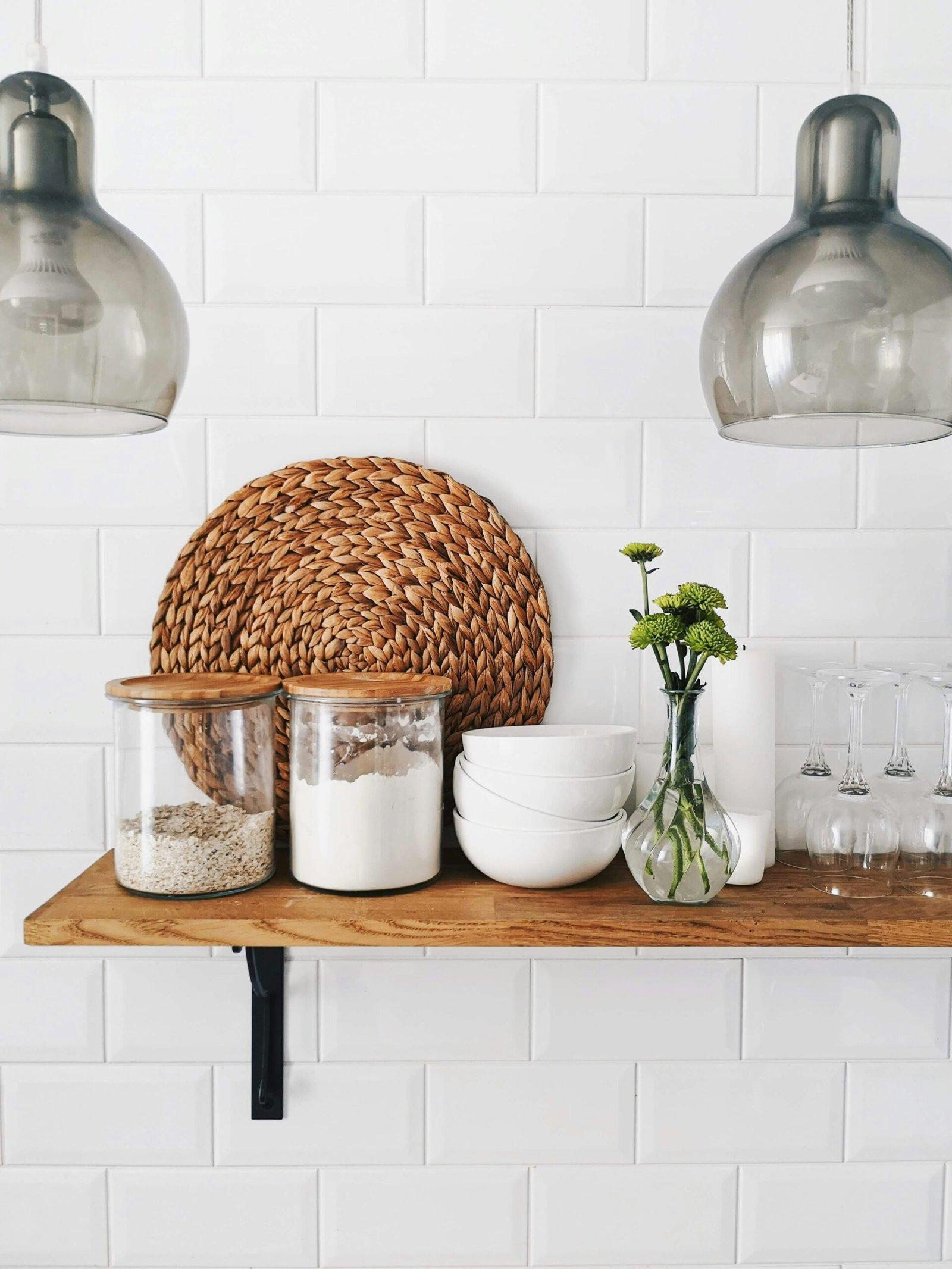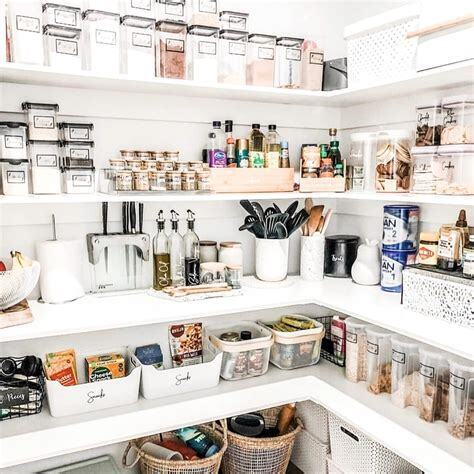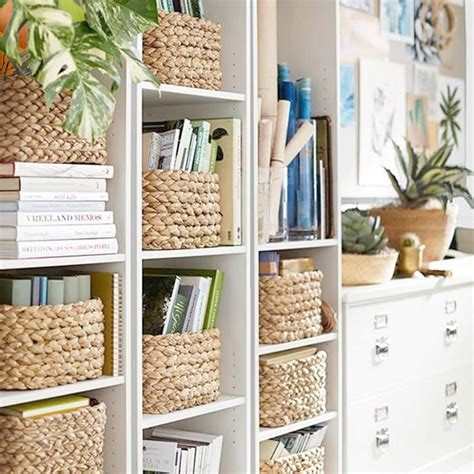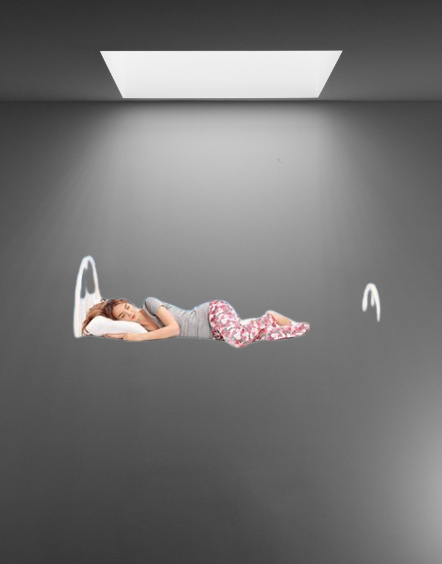
Understanding Stress and Its Impact on Daily Life
Stress is a natural response of the body to perceived threats or challenges, often referred to as the “fight or flight” response. This physiological reaction triggers a series of hormonal changes, leading to increased heart rate, elevated blood pressure, and heightened alertness. While these responses can be beneficial in short bursts, chronic stress can have detrimental effects on both physical and psychological health. Research indicates that prolonged exposure to stress can lead to a variety of health issues, including anxiety, depression, and cardiovascular diseases.
Psychologically, stress manifests in numerous ways, affecting an individual’s mood, cognition, and overall well-being. Common manifestations include irritability, difficulty concentrating, and mood swings. In daily life, stressors may arise from various sources, such as work pressures, family responsibilities, financial concerns, and an increasingly chaotic home environment. The modern pace of life, coupled with expectations from multiple fronts, often amplifies these stressors, making effective stress management crucial for mental health.
The home environment is particularly significant in this context. A cluttered or disorganized space can contribute to feelings of overwhelm and anxiety. Studies have shown that living in a disorderly space may cause distraction and heighten stress levels, making it difficult for individuals to focus on important tasks or unwind after a long day. Conversely, an organized home can promote a sense of calm, allowing individuals to feel more in control of their surroundings and thus reducing stress. Recognizing the impact of a disorganized space is vital for anyone seeking to manage stress effectively and improve their quality of life.
The Connection Between Home Organization and Stress Reduction

The role of home organization in promoting mental well-being is increasingly being acknowledged in both psychological and organizational studies. A well-organized home environment can serve as a sanctuary, offering tranquility amid the chaos of daily life. Research indicates that clutter can significantly contribute to stress and anxiety, hindering one’s ability to focus and relax. When surrounded by disorganization, individuals may experience an overwhelming sense of dread, which can escalate feelings of tension and unease.
Psychologically, our living spaces influence our mood and cognitive functions. Clutter often symbolizes unfinished tasks or unfulfilled goals, creating a mental burden that distracts us from the present. This can lead to a cycle of procrastination and further disarray, compounding stress levels. Conversely, an organized home allows for increased productivity and a clearer mind, leading to improved emotional resilience and overall mental health.
Numerous real-life examples illustrate the transformative power of decluttering and organization. For instance, many individuals report a drastic reduction in anxiety levels after tidying their homes or rearranging their living spaces. One such example is a woman who struggled with chronic stress due to the clutter in her apartment. After dedicating time to sort through her belongings and discard items that no longer served her, she reported feeling lighter and more capable of managing her daily responsibilities. Similarly, families who have embraced minimalism often find joy in a simpler, orderly environment, fostering positive interactions and reducing conflict.
In essence, the connection between home organization and stress reduction is well-supported by evidence and personal testimonies. By creating a serene living space, individuals can pave the way for enhanced emotional wellbeing and a more peaceful life.
Practical Steps to Organize Your Home for Stress Relief

Organizing your home can play a significant role in reducing stress levels by creating spaces that promote calmness and clarity. Start by assessing each area of your home, focusing on areas that often contribute to feelings of overwhelm. A systematic approach to decluttering is vital; begin with one room at a time. Consider employing the “four-box method,” which involves using boxes labeled as keep, donate, trash, and relocate. This method helps in categorizing belongings, making the decluttering process more manageable and efficient.
Once you have sorted through your possessions, it’s essential to create designated spaces for everything you choose to keep. This means assigning specific locations for items based on their usage frequency. Items that are used daily should be stored in easily accessible areas, while those that are used less often can be placed in less prominent locations. Implementing organizational tools such as bins, baskets, and drawer dividers can further assist in maintaining order, making it easier to find items when needed and reducing clutter, which can be psychologically beneficial.
Additionally, the design and decor of your spaces can significantly impact your stress levels. To create a calming environment, consider incorporating soothing colors, natural light, and plants into your decor. A clutter-free space combined with tranquil elements can foster a sense of relaxation. Regular maintenance is also critical; set aside time weekly to tidy up and reassess your organizational systems, ensuring they continue to serve your needs. By implementing these practical steps, you will cultivate a serene home environment that not only reduces stress but also enhances your overall mental well-being.
Maintaining an Organized Home to Promote Long-Term Stress Management

Establishing and maintaining an organized home is vital for promoting long-term stress management. An organized space minimizes distractions and creates an environment conducive to relaxation and productivity. To achieve this, it is essential to develop routines and habits aimed at sustaining organization. Incorporating daily or weekly tidying schedules can help individuals stay on top of clutter before it accumulates. For example, setting aside a specific time each day to declutter certain areas can instill a sense of control and clarity.
Another effective strategy for maintaining organization is to adopt a ‘one in, one out’ rule. This approach encourages individuals to let go of items they no longer need when acquiring new ones, ensuring that home spaces remain manageable. Furthermore, being flexible in one’s organizational methods is crucial. Life circumstances can shift, making it necessary to reassess and adapt existing organizational strategies. Such adaptability prevents the feelings of overwhelm that can arise from rigid expectations.
Handling setbacks is also an integral part of maintaining an organized home. It is important to recognize that occasional disruptions are natural and do not equate to failure. Developing resilience by understanding that organization is an ongoing process allows individuals to bounce back more effectively. Emphasizing mindfulness during organizing tasks can enhance the overall process and lead to deeper satisfaction. Techniques such as taking a few moments to breathe deeply while sorting through items can cultivate a sense of presence, making the organization feel less like a chore and more like a mindful practice.
By integrating these strategies into daily life, individuals can create an organized home environment that significantly contributes to reducing stress levels over time. This holistic approach fosters not just a neat living space but also a calmer state of mind, further enhancing well-being.



